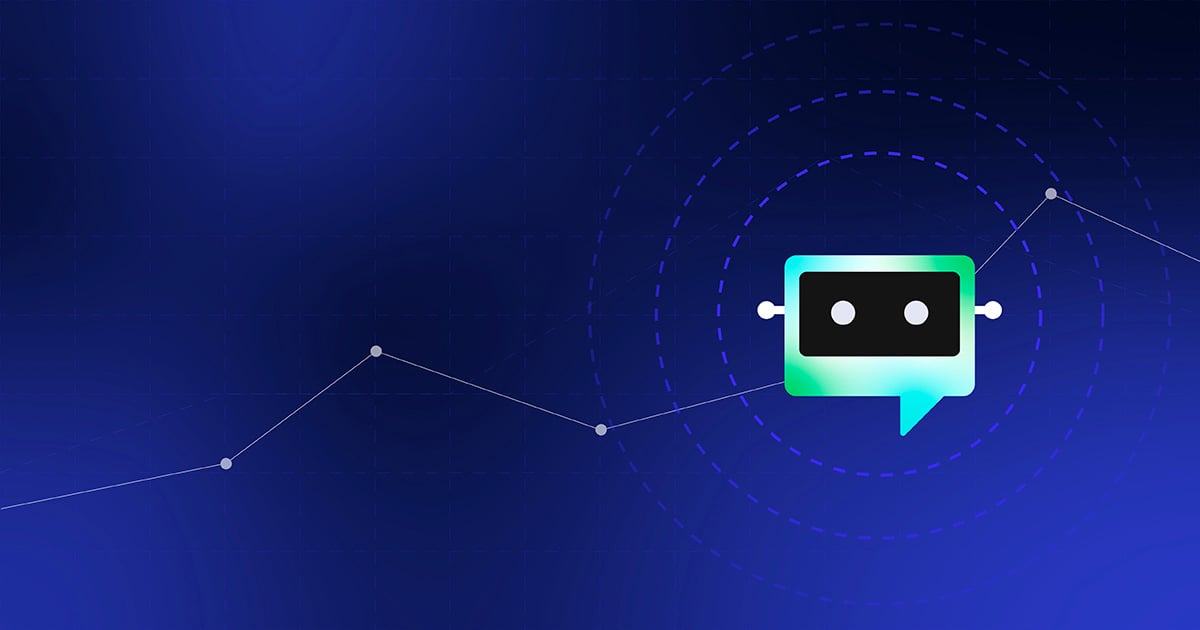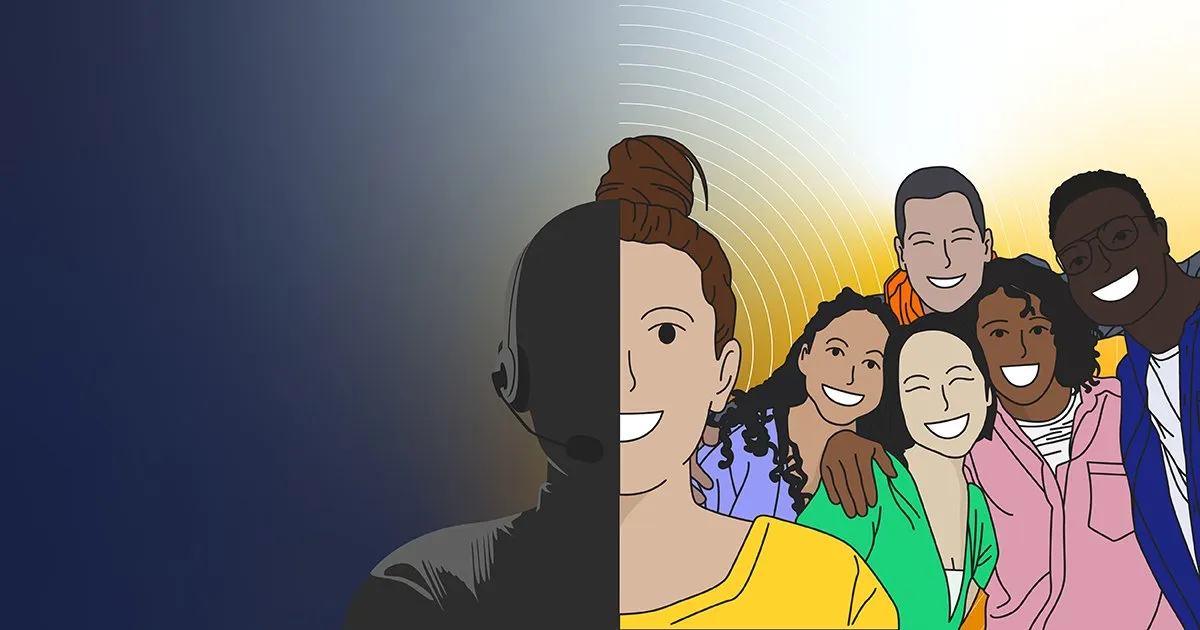“What’s the difference between a decent support experience and a great one? Easy: it’s the people working the tickets. If you invest in them, your customers will love you.”
I remember Mikkel Svane, the founder of Zendesk®, saying this when he visited our customer advocacy team in Madison, Wisconsin. At the time, I had just joined Zendesk® after working for a Fortune 100 company. I remember thinking how different Mikkel’s perspective was compared to what I’d experienced before—and I realized this was why Zendesk® was winning in the CX space.
During my first stint at Zendesk®, I worked my way up through the support organization and eventually took on a customer-facing engineering role. That trajectory was possible because of an active investment in me by the Customer Advocacy and Success leaders at Zendesk®. Their belief in supporting the growth of the support team changed my career, and it’s a key reason why I now lead engineering at Stylo: because great support starts by supporting your people.
.jpg?width=512&height=384&name=unnamed%20(1).jpg)
Eric and his support team at Zendesk®
Over the last decade, as I’ve moved into engineering leadership, I’ve always sought to work with companies that share that people-first view of customer experience—companies that saw their support teams as a core part of the brand experience, capable of driving positive impact. Unfortunately, the industry’s focus has shifted over time. I’ve watched as many organizations moved away from prioritizing customer satisfaction and began focusing solely on speeding up resolution times. I’ve seen them implement chatbots, ticket deflection tools, and knowledge bases, all in a quest for efficiency. And while some balanced this drive with investments in their support agents, many others didn’t.
Then AI entered the scene, and suddenly all I heard was, “This will be the end of customer support teams.” The fear in the community was palpable. But despite the noise, I knew this was where I needed to be. I believed that AI in customer support wasn’t about replacement—it was about elevation. It was about freeing agents from repetitive, mundane tasks so they could take on more complex and meaningful work—the kind of work that lets them grow into new roles, just like I did at Zendesk®.
With AI entering the scene the fear in the customer support community has been palpable. Despite this, AI in customer support is not about replacement - it’s about elevation. Freeing agents of mundane, repetitive tasks enables them to focus on the complex and meaningful work that excites them. The work that allows them to grow into new roles, just like I did at Zendesk.
That’s why, over the last few years, I’ve helped build Stylo AI. Our goal is simple: improve the customer experience while elevating the role of the support agent. We build tools that take care of the repetitive noise so agents can focus on what they do best—solving unique problems and making connections with customers. Beyond Stylo, I also run an AI User Group for Zendesk®. In these sessions, we talk about how AI can be used to uplift the entire support ecosystem, from efficiency gains to personal growth for agents. During one of these sessions we were able to distill down how to foster that growth into a few key tips.
-
Lean on Your Agents' Unique Insights
Nobody knows your customers better than your support teams. With this knowledge, your agents can drive your products and business forward by partnering closely with Sales and Product teams. If your agents’ time is being freed up by AI, work with them to find what part of the business most excites them and explore how they can contribute in a blended role. -
Make AI a Team Effort
AI needs a watchful eye. We've all seen the stories of poorly implemented chatbots and AI misunderstandings. That’s why you should elevate your support agents from just working tickets to managing these tools. Empower them to train, QA, and optimize AI systems. It’s a shift that provides agents with skills that will be incredibly valuable in the coming years. -
Highlight Your Rockstar Agents
Have a CX agent that embodies the support experience you want for your customers? Collaborate with these agents to figure out their secret formula for great support. Often, these individuals are perfect for being the voice of CX across your organization and for helping to train new team members.
This approach aligns closely with Boldr’s focus on investing in their people. I love that Boldr sees its support agents as an asset, worthy of growth and opportunity. I wish more companies would follow this example. AI is a powerful tool—but the true power lies in how we wield it. We have an opportunity to make support more efficient and, at the same time, make our employees' lives better. When companies invest in their support teams and use AI to enhance human insight rather than replace it, the result is more than just a better support experience—it’s a better company.
The truth is, AI in customer support is only as good as the people guiding it. When used thoughtfully, AI can make support more efficient and create space for agents to grow—to take on bigger challenges and contribute to the company in new ways. I’ve experienced firsthand the transformative power of being invested in, and I’m excited to see more support teams empowered to do the same.
Eric Nelson is the VP of Engineering at Stylo AI, and leader of the AI User Group for the Zendesk® Community. He’s spent the last 12 years of his life thinking, writing and presenting about a variety of topics in both the Software Engineering and CX spaces.



